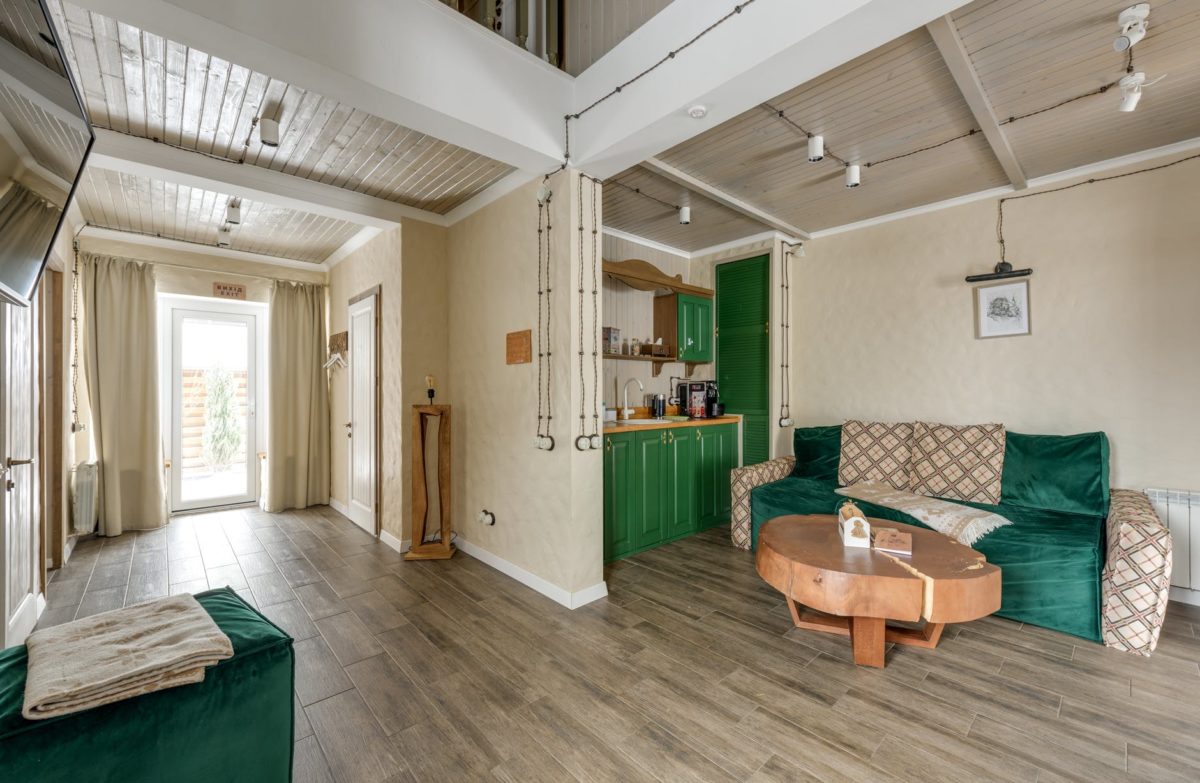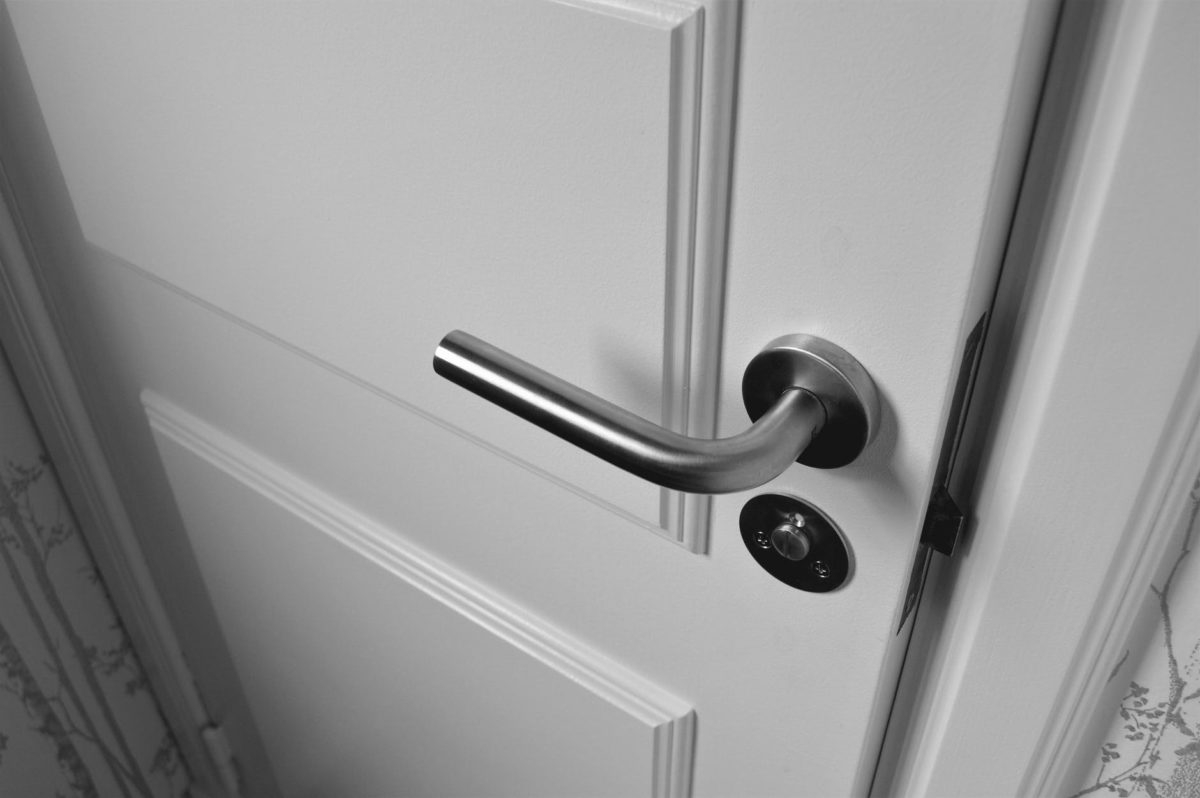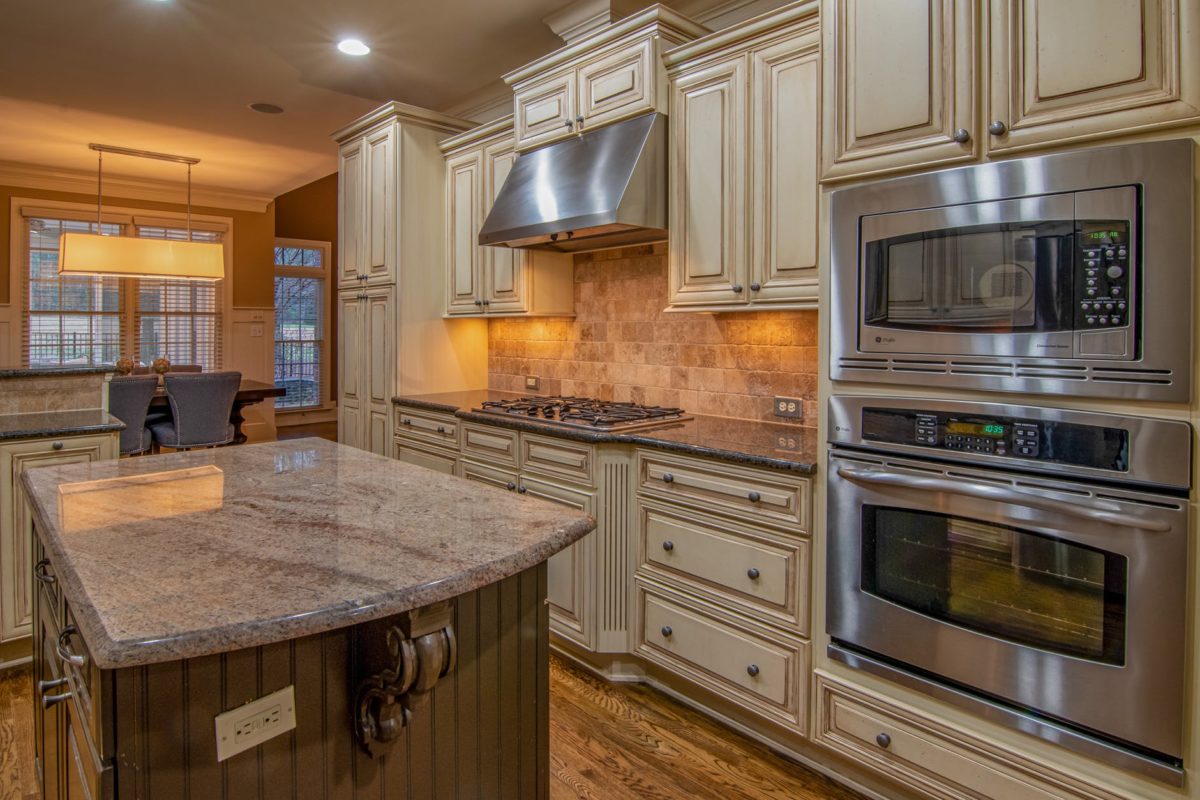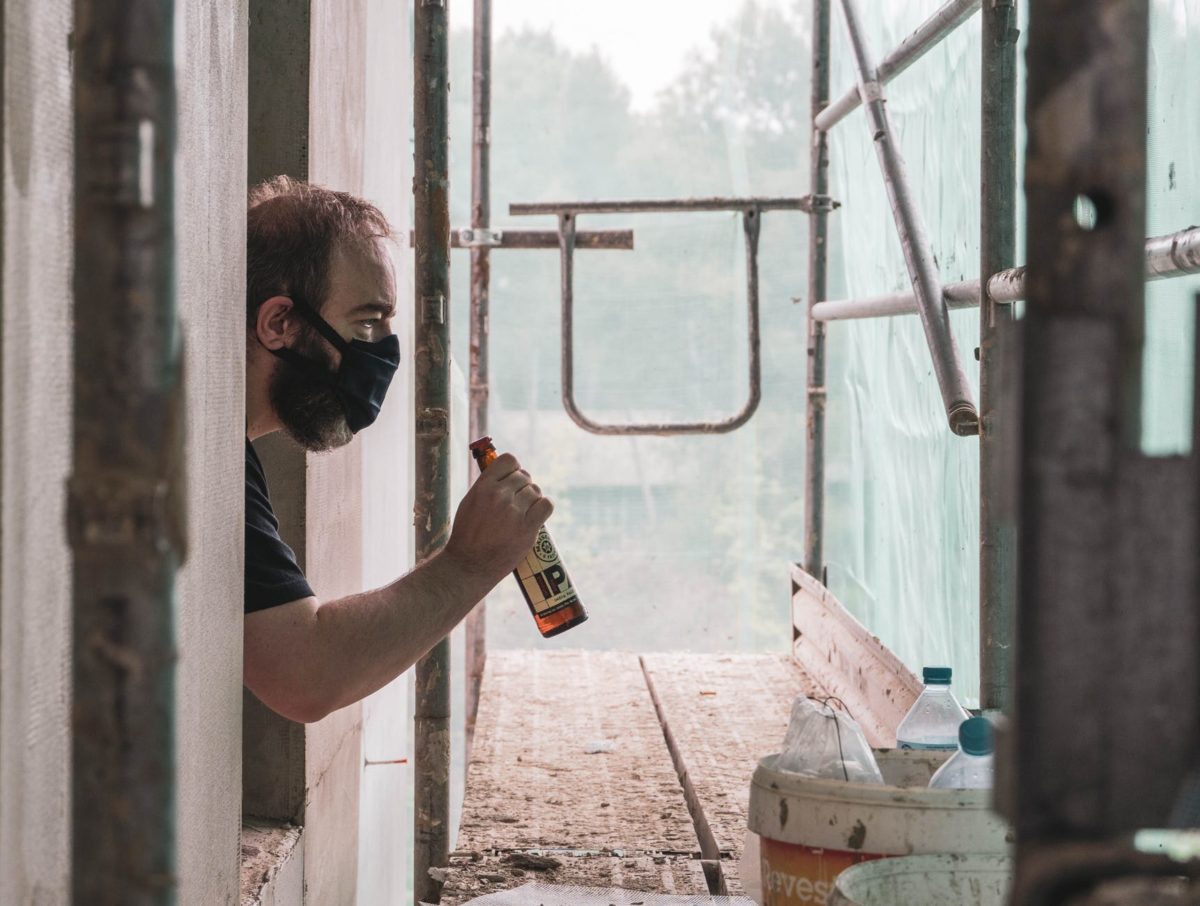
Home Safety Tips for Homeowners
Let’s say you just purchased a new home and are planning to have it insured. Maybe you are also planning to sell it in the future eventually. What’s the first thing that you would want to do? You’ll want to make sure that your home is in the best condition.
However, getting your house to be “in the best condition” does not only mean making sure that it looks good; more than anything else, it means everything inside and out, including those that are not easily noticeable, is well taken care of. For example, when you’re about to apply for a home insurance policy, one of the requirements is an appraisal of the property – a home inspection.
A home inspection checks the condition of vital home elements such as the roof, chimney, fencing, gutters, alarm or security system, plumbing, and HVAC systems. The insurance representative will also check the safety of your home. How safe and secure is it from disasters, accidents, and burglars? A home inspection is like a non-invasive investigation or examination of your entire property.
Whether you’re preparing to make a good impression on a home inspector or planning to increase the value of your home for future investment, giving your property an extra layer of protection is crucial. It should be the first on your list if you want to ensure the excellent condition of your home.
Practical Home Safety Tips
Home inspectors typically focus on four major aspects of a property: the interior, exterior, electrical, and plumbing elements. Most inspectors normally do not bother with items such as landscaping, rodents, pests, low-wattage electric systems, radon and other airborne hazards, and areas that are not easy to access. However, it is always better to ensure that every aspect or part of your home is safe and secure.
Here are some home safety tips you should consider:
Doors, windows, garage doors
The doors and windows in your home are easy to access, so be sure to keep them locked at all times. Properties with unlocked doors and windows are always easy targets, especially since burglars typically use the front door when entering a home.
If one of your doors or windows is broken, get it fixed right away. Don’t forget to include back doors, garage doors, storm doors, sliding doors, and even those small pet doors. Ensure that the locks are sturdy so burglars won’t be able to break them easily. Using a deadbolt and adding a peephole are also recommended.
Also, try to install an alarm or security system and choose one that comes with real-time video features and alerts or triggers (when the system is breached or when someone gets inside the house).
It is also a good idea to use entry or window sensors. These devices will alert you if a window opens or closes.

Stairs
Your stairs should have a sturdy railing – on both sides, if possible. Ensure that the railing doesn’t have wide gaps so children won’t fall through. At the top of the stairs, put up a gate that’s big or high enough to prevent small children (i.e., toddlers) from climbing over.
Also, stairs should always be dry, free of any sharp objects like nails and anything that will make anyone trip over and fall.
Lastly, be sure to always keep your stairway well-lit.
Walls, floors, and ceilings
Your walls, floors, and ceilings should be clean and in good condition. If there are signs of buckling, sagging, or warping, it is an indication that there are leaks or water damage in your home. Find the leaks and source of the damage and have it fixed immediately to prevent further problems.
If your floor has carpeting, ensure that it is regularly vacuumed and cleaned. Also, check if there are sharp or protruding objects under the carpet. Additionally, keep the floor free from clutter to prevent tripping and other accidents.
Cabinets
Cabinets have hinges that might get loose over time, especially if they are not regularly maintained. When you notice that your cabinets do not close properly or are a little skewed, have someone fix them (or you can do it yourself!).

Plumbing
Always check your shower, bathtubs, and faucets for leaks. If you experience slow-to-no water pressure, you may have serious plumbing problems. Any issue that involves plumbing must be addressed right away, unless you want to transform your home into one big swimming pool!
Attic, basement, and roof
Check your attic and ensure that there are no air leaks as these can lead to mold, moisture, and insulation problems. There shouldn’t be anything in or connected to your attic that vents directly into it (like a bathroom fan).
Also, do not leave your basement unattended. Just because you seldom use it doesn’t mean you should take it for granted. You must clean your basement regularly. It’s also important to check for leaks, water issues, and cracks.
Finally, don’t forget to keep your roof in tiptop shape. Like all the other aspects of your home, it should be cleaned as regularly as possible – especially during the rainy season and wintertime. Remove all debris, moss, and fallen leaves. Make sure that there are no obstructions in the gutters. Likewise, check for missing roof tiles or planks. If there are leaks or damage to your roof, have them fixed right away, before your home inspection schedule.
Electrical Elements
All light fixtures, power switches, receptacles, service cables, circuit interrupters, HVAC systems, and other electrical elements must be in 100% working condition and issues-free. This is the best way to keep your home fire and accident-proof.

Aside from the tips above, it is also crucial for every household member to fully understand their responsibilities in ensuring the safety and security of the home. Schedule regular home safety conversations with the family and make safety checks a fun bonding activity for everyone. Contact Lucent Property Inspections at 309-300-0007 to find out more about our services including a home maintenance inspection.